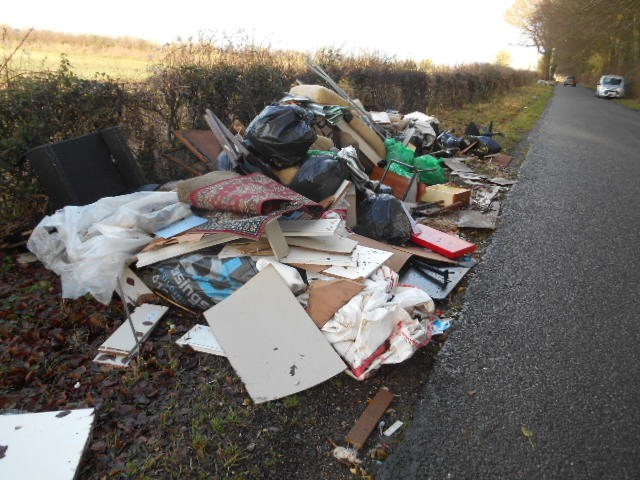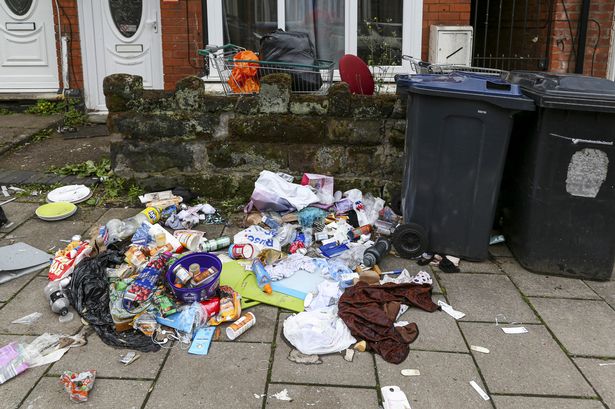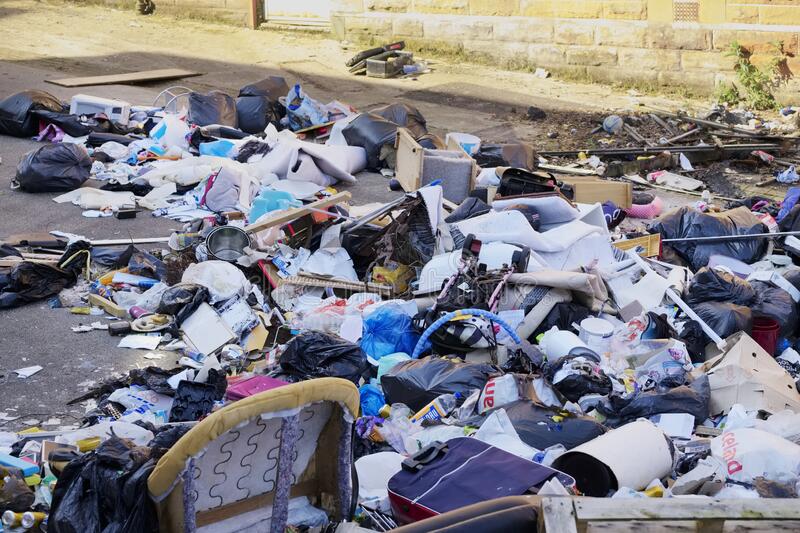The problem with fly tipping in the UK and how to catch perpetrators in the act

Fly tipping is a major environmental issue in the United Kingdom, with an estimated one million incidents of illegal dumping occurring each year. This illegal activity can seriously affect the environment, local communities, and businesses. Fly tipping involves the dumping of waste in a public place without the consent of the local authority or landowner.
Read more about the dangers of fly tipping in the UK by waste disposal company Map Waste to understand the issue from the point of view of waste carriers that often have to clean-up the mess once reported to the local authorities.
Fly-tipping can take many forms, such as the dumping of large amounts of construction waste, garden waste, household waste, or hazardous materials. It can be an eyesore, cause pollution, and create a health hazard for local people. Here are some of the main problems associated with fly-tipping in the UK.
Cost
The cost of cleaning up fly-tipped rubbish is estimated to be around £50 million a year. This money has to be taken from other services and activities, meaning that the local authority is unable to invest in other projects. In addition, businesses and landowners may also have to bear the cost of removing the rubbish and repairing any damage caused by illegal dumping.

Pollution
Fly tipping often involves dumping hazardous materials, such as chemicals, oil, asbestos, and other dangerous substances. These materials can leach into the ground and contaminate water supplies, leading to serious health risks for residents.
Fly tipping can also create air pollution, as the burning of waste can release toxins into the atmosphere. This can have a serious impact on people’s health, particularly those who suffer from respiratory conditions.
Loss of biodiversity
Fly tipping can have serious consequences for the local environment. Waste materials can damage habitats, leading to a loss of biodiversity, and can also contaminate the soil and water. This can have a knock-on effect on local wildlife, as the loss of habitats and food sources can lead to a decline in certain species.
Increase in crime
Fly tipping is often linked to criminal activity, as it is sometimes used to dispose of stolen goods or to hide evidence of other crimes. This can lead to increased crime in the local area, as the fly-tippers may be part of a larger criminal network. In addition, it can create a feeling of insecurity among residents, as they may be concerned about potential threats to their safety.
How To Catch Perpetrators
One way to catch perpetrators in the act is to install CCTV cameras in areas where fly-tipping is known to occur. This can help identify the individuals responsible for the illegal dumping and provide evidence that can be used in court. It is also essential to set up an effective reporting system so that members of the public can report any instances of fly-tipping that they witness.
In addition, local authorities should encourage people to come forward with information about fly-tipping and should reward those who do so with financial rewards. Finally, local authorities need to work with the police and other law enforcement agencies to detect and prosecute those responsible for fly-tipping.
How To Dispose Of Waste Correctly

The best way to dispose of waste is to use the correct disposal methods for each type. For example, recyclable materials should be separated into different bins and taken to a recycling center. Organic waste should be composted, and hazardous materials such as paint and chemicals should be taken to a hazardous waste disposal site.
It is also essential to reduce the amount of waste generated in the first place by ensuring that items are reused or recycled wherever possible. Finally, it is essential to ensure that any waste that is not recycled is disposed of safely and responsibly.












